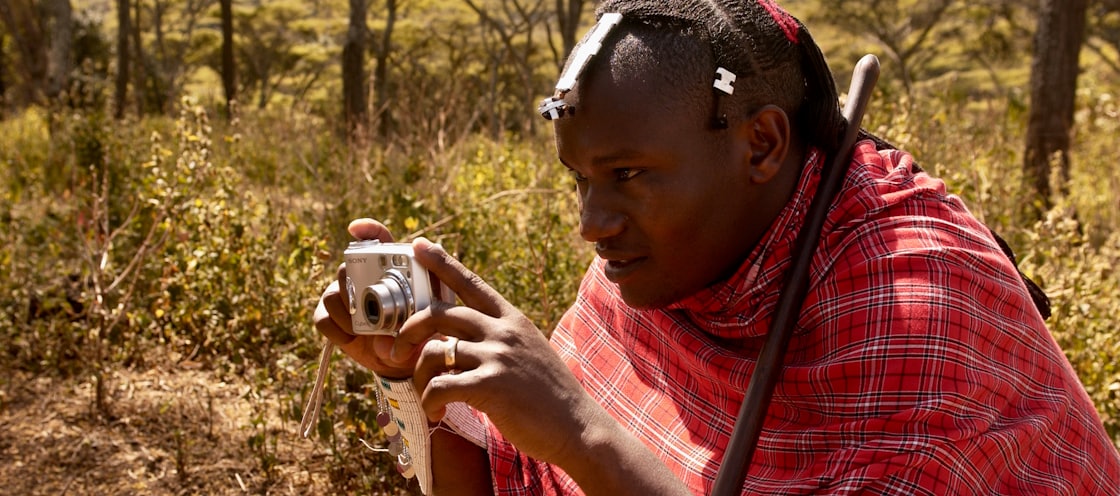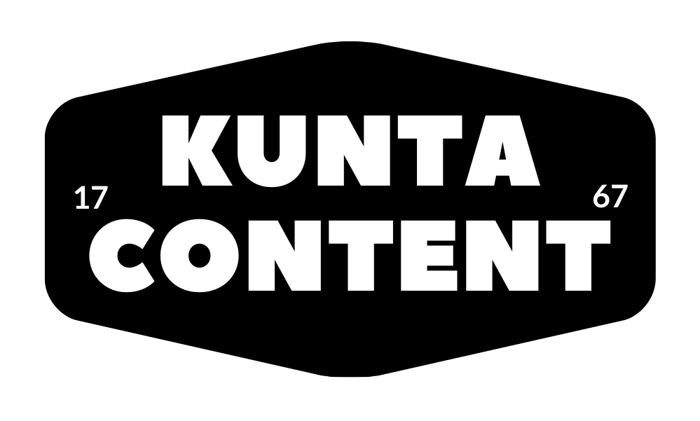Globalization and the Maasai way of Life
The first was to improve the sustainability of the community. This was to be done to prevent the Maasai from moving to cities to find jobs. Instead, work was done to modernize the way of life of the Maasai. They now have to turn the resources available to the Maasai -- their animals and abundant milk -- into an opportunity to create wealth for the people. From milking their herds of cattle to processing the milk and producing dairy products, the Maasai are now actively farming their cattle for more than just meat.
MAASAI


We’re in the 21st century. The world is changing rapidly through globalization, the internet, cultural interconnectedness and many more movements that have changed our way of life. The traditional way of life that was centred on family ties is now shifting to building modern career-focused households. Empowerment of the girl child, family planning and a more capitalistic way of life is being adopted to survive and adapt to the current way of life. The Maasai way of life hasn’t been spared with these changes. What are some of the changes in the Maasai community? We’ll be talking about that today.
The first was to improve the sustainability of the community. This was to be done to prevent the Maasai from moving to cities to find jobs. Instead, work was done to modernize the way of life of the Maasai. They now have to turn the resources available to the Maasai -- their animals and abundant milk -- into an opportunity to create wealth for the people. From milking their herds of cattle to processing the milk and producing dairy products, the Maasai are now actively farming their cattle for more than just meat.
With their traditional economy and lifestyle shattered as a result of interaction with other cultures, as well as government policies and development agencies, there is no doubt that the community is at risk of both food insecurity and cultural erosion. They have as a result applied for and received titles to their traditional lands. This goes to shake away the traditional negative beliefs of lands ownership as immoral seeing that the Maasai people were previously nomads. They are now centred in more permanent villages and have diversified their activities by growing wheat and maize crops to supplement their diet.
In a bid to ensure equality in gender and opportunity they have opened schools to educate Maasai children (both boys and girls). They now actively support education and self-improvement, unlike in the past. This has in turn significantly contributed to the workforce in tourist facilities and national parks, serving all positions from waiters to game scouts and park directors.
The reach of globalization includes the African savanna in its remotest corners. Many families hold onto the traditional Maasai way of life but accept and incorporate outside tools, goods, and practices that suit and benefit the family’s well-being and general security. Poverty and lack of access to the outside world play a significant role in the observed cultural and economic isolation.
